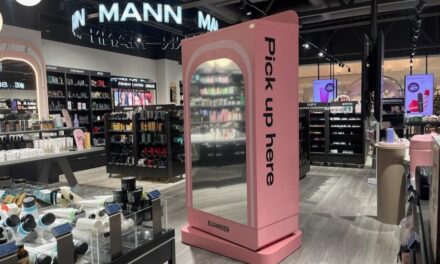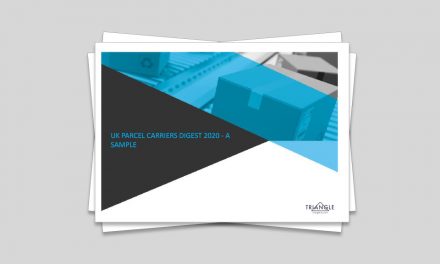
WMX Americas 2010: Change in the post recession world
The theme of the recent World Mail & Express Conference & Exhibition in Miami was ‘A New World Order: Managing Post Recession’. In his opening remarks, Paul Jackson, chairman of Triangle Management Services, the event organisers, emphasised that although the speakers represented leaders of posts and postal operators (public and private), a constant topic in all their presentations would be ‘change’.
A brief overview of some of the profound changes facing the global postal industry, discussed during the two-day conference, follows: (For a more detailed look at each of the presentations, log onto: http://www.triangle.eu.com)
Customer Power: The traditional view of the postal customer has changed dramatically (Paul Vogel, director, Deloitte Consulting LLP, ‘Towards a multi-channel post‘). Ongoing changes in communication technologies (Smartphone, Kindle, Netflix, iPad, iPod, etc) and social media (Twitter, YouTube, AIM, Wikis) have changed consumer behaviour to ‘I’ (Individual) behaviour. To keep pace with these changes, posts must re-invent themselves to succeed. The ‘I’ customer is technologically savvy, sophisticated seeking a multi-channel post in which hybrid mail solutions co-exist with multi-channel messaging.
Relationship Between National Posts and Private Postal Operators: The competitive advantages of national posts are well known: nationwide coverage, network infrastructure, brand reputation, etc. However, private postal operators have achieved significant market share by providing competitive differences, such as, reliable timely information and technology (GPS controlled delivery, Web Service Platform, reports) and competitive pricing (Enrique Vegas, Commercial Vice President, Sevicios de Correspondencia ENVIA, ‘Competing against a strong national post’). For example, there are two hundred private postal operators in Chile. However, inequities still exist. Initiatives must be undertaken to guarantee equal and fair competition by eliminating the benefits that, by law, are given to the national posts (i.e. receiver delivery fee, tax free rates).
International Online Shopping: In today’s recession, Amazon’s international sales grew 47% (Marketwatch) and eBay’s international business was 55% of total revenue (USA Today/ABC News). Opportunities in international online shopping represent a vibrant, profitable open-ended growth area for posts (Franklin Sluis, CEO, Nieuwe Post Nederlandse Antillen, NPNA, ‘A Distinctive Postal Model‘). NPNA’s eZone service allows customers to order merchandise in the US online or via a toll-free number and receive the items at their doorstep. Phase 1 of NPNA’s program reaches 300,000 customers. However, marketing through postal partners in Latin America and the Caribbean expects eZone to reach to a combined population of approximately 600m.
Electronic Bill Presentment & Payment Service (EBPP): An innovative strategy to face the current downturn involves attracting new customers through new products/services and upselling/cross-selling existing customers (Ingo Babrikowski, director general, Estafeta Mexicana, ‘Responding to the needs of Mexican customers‘). In addition, to consolidated freight, fulfillment, warehousing/distribution and import/export services, Estafeta Mexicana offers Buzón E, an EBPP service where customers receivedocuments via the Internet which would normally be received in printed form. Document integrity and confidentiality are protected through a secure environment. With more than 300,000 documents delivered each month to 600,000 users, Buzón E has grown 175% in 2009.
The Post of the Future: As posts grapple with post recession strategies (business scope, business focus, people policy, social role) there are core competencies which the Post of the Future must include (John Modd, director mail, Triangle Management Services, ‘What is happening in the rest of the world?’):
– secure delivery to home and work with technological support;
– a new image that personifies ‘attractive to do business with’ via relevant applications like mobile phones, easy-to-use web-based access portals, call center capabilities and properly trained retail staff;
– sophisticated financial products and services (e.g. money transfer) unlike ‘retail’ institutions
– a mix of other unique products and services such as, Intelligent Mail, ‘Green’ mail, hybrid and end-to-end electronic, E certification/dot.post
This will require improved efficiencies in process re-engineering, a powerful supporting ICT backbone along with significant reductions in headcount and investment in appropriate operational technologies.
So, what will the Post of the Future look like? A deliverer of parcels which also delivers the mail … A powerful retail brand majoring on trust … An intelligent user of technology in operation and products … A smaller business than today, with better profit margins. No one knows for sure, but change will be vital in creating the Post of the Future.
Please share your thoughts below…
To join the World Mail & Express Americas Conference discussion group on Post&Parcel, click here.












